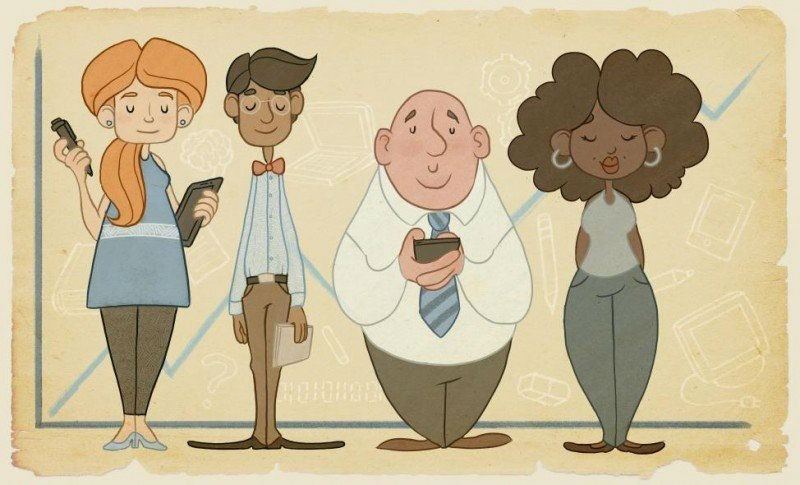The Tinkertoys and Roald Dahl: Looking into the future of teaching
Last night while I was rummaging through my bookshelf for a book to read-to-sleep, I decided to go with Roald Dahl, maybe because I wasn’t very sleepy. Since I have an omnibus of all of Dahl’s best written short stories, I randomly flipped through the pages and finalled on a story named “The Great Automatic Grammatizator”. The story talks of a mechanical genius who invents a machine that promises to produce stories and novels in fifteen minutes. The evil machine puts in danger the fate of the world’s creative writers when the proprietor bribes them with rich contracts.At the same time, I was reminded of an article I had read that very day, on the Learn Out Live blog by André Klein. Its called "The Impossible Crusade of Education Technology Against The Human Spirit", where he compares the ubiquity of revolutionary technology being churned out everyday, with the indomitable spirit of human learning, that ought to be put ahead of technology.One particularly daunting question he asks is this:“How can technology possibly be the answer to a growing over-reliance on technology?”A take-away from his post and many other such posts is that although technology is the now of education, the idea of human-mimicking machines is neither fascinating nor acceptable. The world is at war with youth unemployment as such, why would scientists want to put ‘teaching’ in the extinct-career list?Most people’s cherished recollections of school often include a common factor, the human teacher! Most of us cling to that one name whom we can’t thank enough for "making [us] me who [we] I [are] am today"! So we are looking at a grateful generation, yet a practical one. That would perhaps justify all the EdTech start-ups, burgeoning their way to a learning replete with gadgets and robots.It is clear that the new-education is an investor’s paradise. But are we forgetting something very important amidst all the commotion of money-making? Are the young learners only a part of an elaborate experiment? While we fan our mechanical whims and fancies with new theories, apps and machines, the learners shall only be more confused. How? Picture this: Starting the day with reading a lesson and watching videos on the school LMS; rushing to the school to greet the teacher on the projector screen, hurrying to the many Virtual Classes scheduled during the day, taking MOOCs for honing extra skills; managing countless apps, one for every new skill; then finishing the day with the online tutoring session to learn a new language. Phew!!
Are we ready for the Robot-Apocalypse?
Alexander Pope observed that the proper study of mankind is man. And Roald Dahl’s imagination seems to have given us a glimpse into the future early-on, by delving into the human mind and withdrawing its capabilities in terms of a story. Just like the Grammatizator, are we looking at an Educatorinator, that diabolically produces educators in perhaps a day’s time? And what powers would this Frankenstein-ish educator possess? Being able to teach many classes at the same time?Imagination apart, the real question that teachers should be asking themselves is this: Are we willing to remain digital dinosaurs? Are we ready to let trained and programmed machines take over what has been rightfully human for countless centuries? Are we ready to enter the age of pseudo-teachers?I believe we could be saved from this nightmarish ordeal if there was a single online platform that seamlessly integrated all the components of online learning? A platform that would allow teacher-student contact, without sabotaging the true essence of human-interaction. WizIQ is one such platform that is a consolidated mesh of virtual classroom, whiteboard, discussion board, content library, classrooms within classrooms, et al. It is built upon the values of social learning and interactivity quotient. Remember the time WizIQ was giving free memberships to all educators and K-12 teachers?Many teachers are apprehensive of online platforms for a fact that they believe them to be money-minting, teacher-neglecting companies. Teachers would prefer to Skype rather than go for a comprehensive platform that brings together hundreds and thousands of students. Although choices might reflect individual opinions, I would prefer prudence over free will. As an education enthusiast, I have had some memorable moments with my teachers, ones that I can never erase from my memory. And I would never wish for the next generation to miss out on the most crucial of human synergy, second only to filial connections.I leave it to the teachers to decide.








